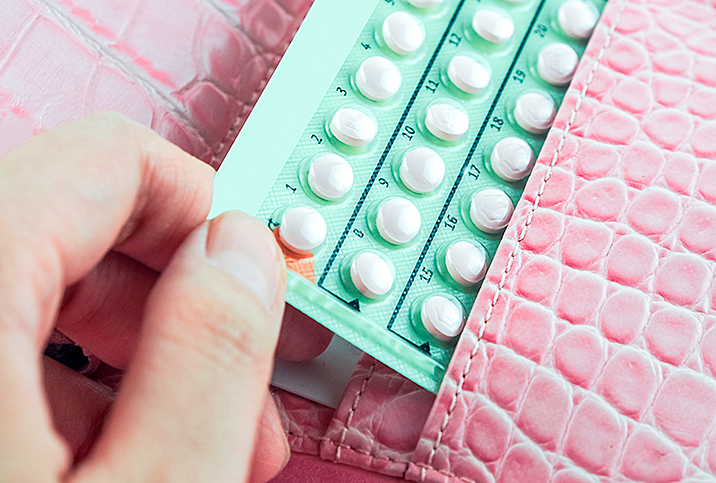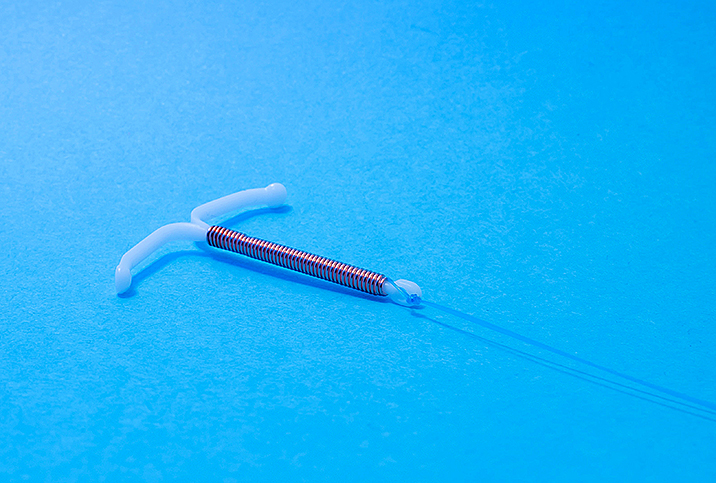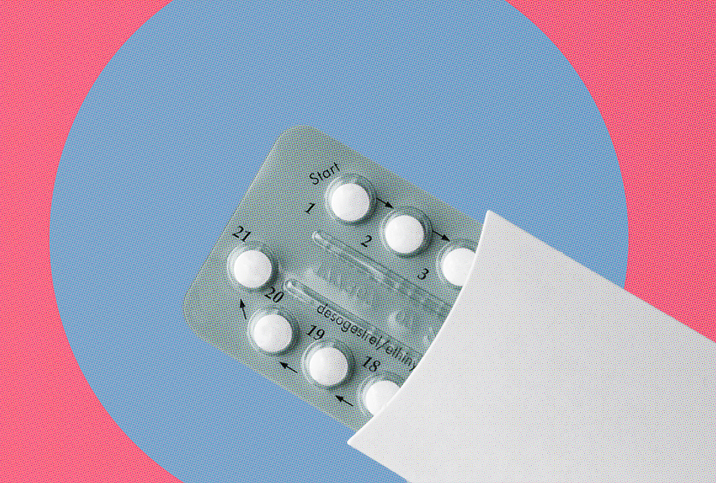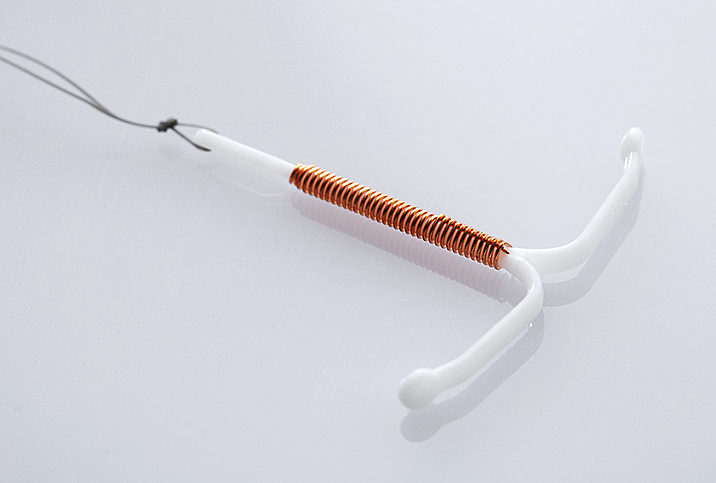What You Need to Know About IUDs
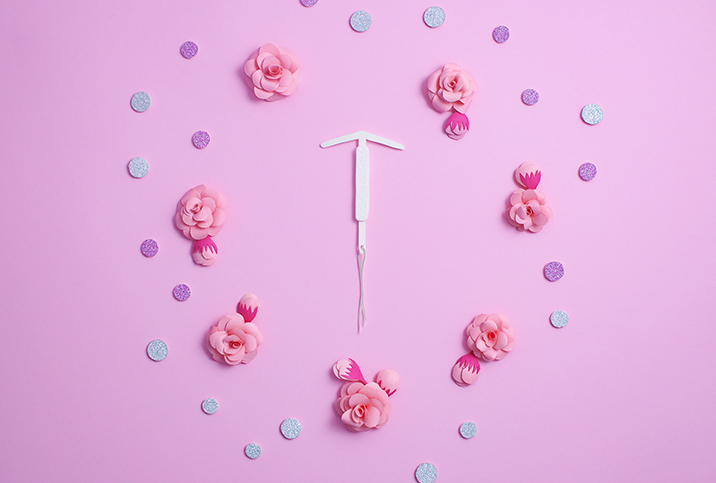
An IUD, or intrauterine device, is a form of contraception that can be inserted into the uterus to prevent pregnancy. It's a small, T-shaped device that's unnoticeable once in place. There are two forms: copper and hormonal. Both impact the ability of sperm to reach an ovum, or egg. Copper is spermicidal, and hormonal IUDs release progestin, which thicken cervical mucus and thin the uterine lining.
All IUDs, regardless of type, create local inflammation of the uterine lining, which stops sperm from thriving and fertilized eggs from implanting.
Regardless of which type you choose, IUDs are the most effective contraception option available (aside from surgery). Women who rely on IUDs are 20 times less likely to become pregnant than those who use the ring, the patch or birth control pills.
Benefits of an IUD
The most significant benefit of an IUD is no longer worrying about pregnancy prevention. An IUD offers long-term, reliable contraception that you can have reversed anytime. Unlike having to take daily birth control pills or replace condoms after every use, an IUD is something you can pretty much forget about until it's time to have it removed.
If you have heavy periods, a hormonal IUD can help improve menstrual cramps and bleeding over time. And don't worry about there being too much going on down there; you can still use tampons with an IUD. The device also won't affect your ability to have sex or have a baby in the future. You can even have one placed shortly after childbirth, even if you're breastfeeding.
Risks of an IUD
Having an IUD placed can be an uncomfortable procedure, so many doctors advise taking an over-the-counter pain reliever. Although a hormonal IUD will ultimately decrease pain and menstrual bleeding, some types can worsen period symptoms initially or for an extended period of time.
Potential short-term side effects of an IUD include:
- Bleeding and spotting (during the first month)
- Breast tenderness
- Headaches
- Mood changes
- Nausea
More severe complications are rare but possible. In 1 out of every 1,000 cases, an IUD will travel through the uterus wall and have to be taken out. It is also possible for an IUD to fall out on its own and need replacement.
Are IUDs best for you?
The first factor to note is that IUDs do not protect against sexually transmitted infections (STIs), so they may not be an ideal form of contraception for women who have sex with multiple partners.
IUDs are suitable for women who don't want the hassle of taking a daily birth control pill and those in a long-term relationship with minimal risk of STI exposure. If you're going to have children in the future, there's no reason to avoid an IUD. You can become pregnant as soon as the IUD is removed.
Other than the temporary discomfort of having an IUD placed and removed, there are plenty of reasons to prefer IUDs over other birth control options. Find out more specifics about the types of IUDs available and talk to your doctor to decide if an IUD is right for you.












